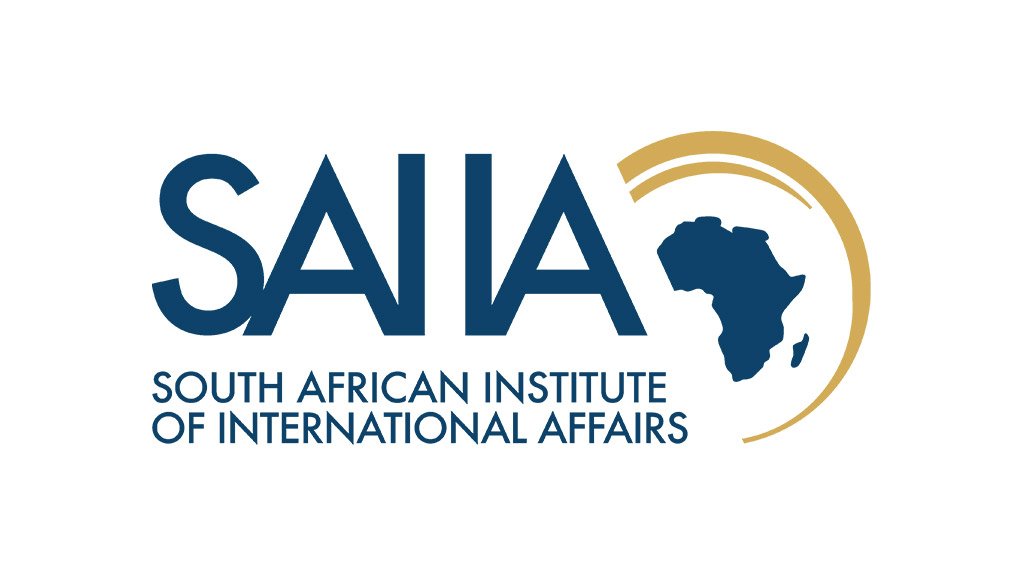South Africa and the European Union will meet on 15 November in Brussels for the seventh Summit of the SA-EU Strategic Partnership.
It is a high-level event with South African President Cyril Ramaphosa and President of the European Council, Donald Tusk, and President of the Commission, Jean-Claude Junker, set to attend.
The EU’s 10 strategic partnerships were intended to consolidate the EU’s role as a leader in a globalized world, positioning it to promote its ideals, particularly democracy and multilateralism. They were another vehicle for projecting the EU’s substantial soft power both among traditional allies as well as emerging powers.
The BRICS each have a strategic partnership with the EU, as has the US, Canada, Mexico, Japan and South Korea. However, European relations with Russia have become more fraught today and the US-EU alliance is fracturing. South Africa is the only African country that has a strategic partnership with the EU, but as yet, has been unable to capitalize on this distinction. However, none of the strategic partnerships have really gained global traction. Probably, this has more to do with the EU’s struggle to define its international role than uptake capacity from partners.
This EU-SA summit is significant because it is the first one since 2013 despite the partnership calling for annual engagements. In the intervening years, both the EU and South Africa have battled their own demons: South Africa was steadily consumed by state capture, while the EU battled the euro crisis, followed by the migration wave and Brexit. During this period South Africa solidified its BRICS membership, seemingly spurning high-level political engagements with the EU. The EU’s gaze shifted to its eastern border following Russian moves on Ukraine and the annexation of the Crimea.
Five key areas are on the agenda this week, including economic, trade and investment cooperation; development cooperation; global challenges such as climate change, migration and human rights; multilateralism and cooperation in multilateral fora; and the situation in the neighborhoods of each partner.
The first item is by far the most important for South Africa. Since Ramaphosa assumed the presidency, he has focused on attracting much-needed investment by both engaging the local business community, as well as going on a charm offensive at Davos and in the major financial capitals of the world, setting a target of R1 trillion over the next five years. Most recently the president visited Germany for the G20 Investment Summit and made a strong case for our diplomatic missions to promote foreign direct investment.
Europe remains our largest investment partner. There are over 2,000 European companies in South Africa, employing over 300,000 people. Ramaphosa’s efforts to work with the private sector to turn the economy around and encourage more inward investment could be a solid foundation for expanding the partnership, although uncertainties such as the direction of the land reform debate will need to be clarified.
There is also the EU’s External Investment Plan, announced last year, that focuses on Africa and uses public funds to attract private investors. Its priority areas are sustainable energy and connectivity; micro, small and medium enterprises (SME) financing; sustainable agriculture, rural entrepreneurs and agroindustry; sustainable cities and digitalization for sustainable development. The European Commission’s contribution is €4.1 billion and it expects to leverage more than €44 billion of investments by 2020. South Africa should explore the opportunities here, not only in terms of our domestic agenda, but also for the region’s integration, development and peace and security.
The EU is also the destination of the single largest number of manufactured exports from South Africa, an important point if we are to rebuild our manufacturing base. The trade partnership is now regulated by the SADC Economic Partnership Agreement (EPA), the genesis of which was fraught, but which has since come into effect. It is the only regionally implemented EPA on the continent. South Africa is well versed in exploiting its trade agreement with the EU, having been able to expand exports exponentially under the original Trade, Development and Cooperation Agreement. Under the SADC EPA South Africa should aim to include more SMEs in European trade.
The Strategic Partnership agenda also looks at other areas of mutual concern, including multilateralism, migration and climate change. Both parties value the principles of multilateralism that are intended to counter ‘might is right’ by establishing rules of the game to bind weak and strong. The institutions that have been integral to this global order are under increasing strain. Both the EU and South Africa believe that they need reform, but that the underlying principles of multilateralism are crucial for peace and development. There is room for real partnership on this big challenge, especially as South Africa assumes a non-permanent seat on the UN Security Council in 2019. Working across traditional divides with like-minded countries on specific issues will be crucial in this time of ‘multilateral fatigue’.
On migration, both have adopted a risk-based approach, which is not in the interest of long-term sustainable migration management. Rather, they should move to a more rights-based and developmental approach.
Summits have become in themselves indicators of action; but they can also be effective vehicles for substantive exchange between leaders on political matters that only they can decide on. The Brussels meeting this week could be an important step in rekindling a relationship of great mutual benefit.
Researched by Talitha Bertelsmann-Scott, SAIIA
EMAIL THIS ARTICLE SAVE THIS ARTICLE ARTICLE ENQUIRY
To subscribe email subscriptions@creamermedia.co.za or click here
To advertise email advertising@creamermedia.co.za or click here











